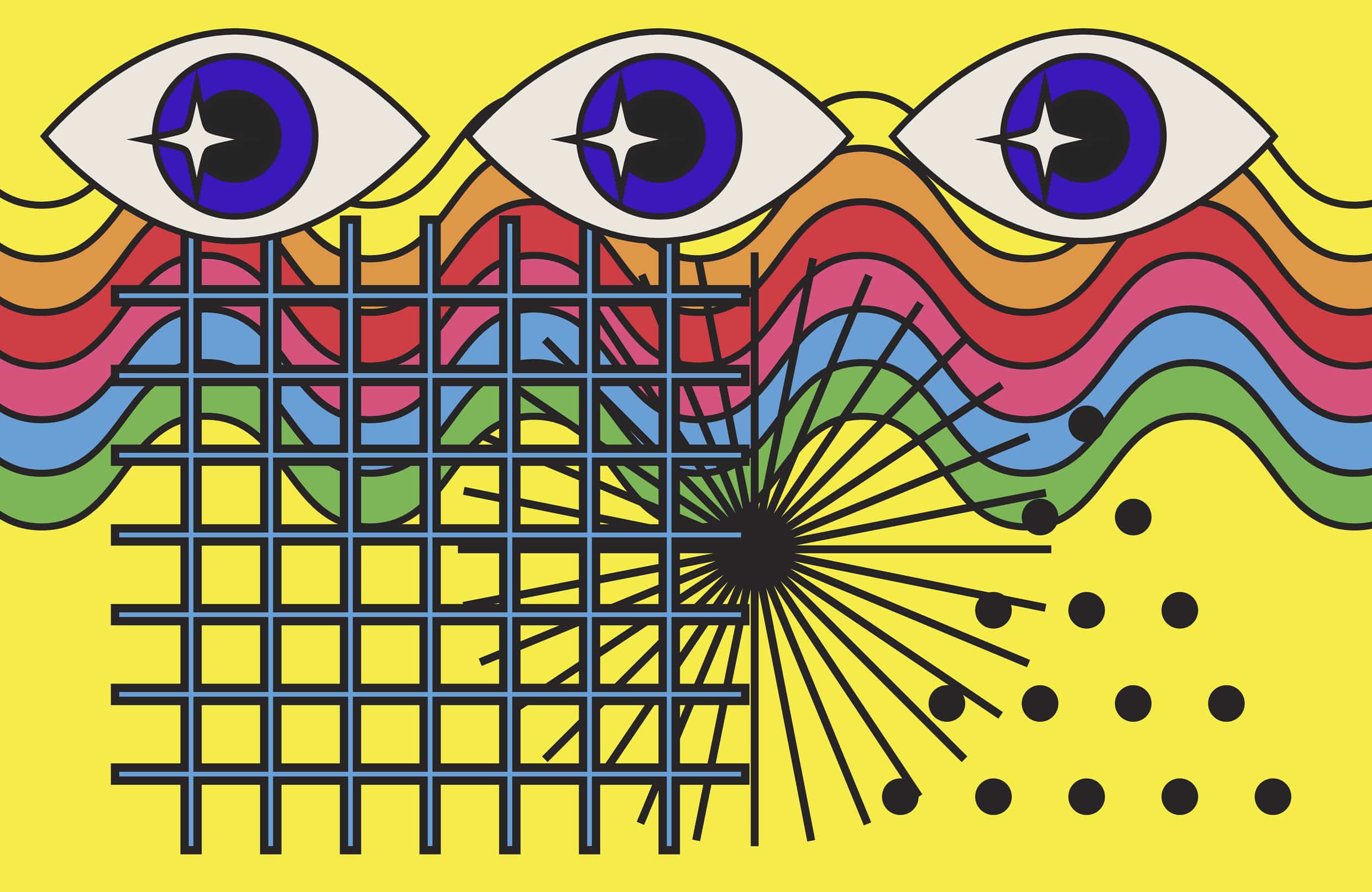
Survey: A third of under-50s are open to psychedelic mental health treatments
A poll by YouGov “revealed that a significant percentage of respondents across age groups, including 18-24 year olds (36%) and 25-49 year olds (30%), were interested in testing psilocybin and other currently illegal substances such as ketamine.” , MDMA and DMT to treat mental illness,” reported Psychedelic Spotlight.
The outlet pointed out that the YouGov survey was commissioned by a London-based clinical trials startup called Lindus Health, whose stated mission is “through the use of software to help innovative companies build faster, more reliable and… conduct more patient-friendly clinical trials”.
“Other than psilocybin, 18-24 year olds were most interested in trying ketamine (27%), and among 25-49 year olds, MDMA was the second highest interest (26%),” reported Psychedelic Spotlight. “Interestingly, psilocybin ranked first across all age groups – including 54-60 year olds (17%) and over 65 year olds (10%).”
The survey results are further evidence of the growing acceptance of psychedelic treatment options.
A poll conducted in June by the University of California’s Berkeley Center for the Science of Psychedelics found that a solid majority of Americans support the idea of providing access to psychedelic therapies.
“More than six in ten (61%) registered American voters support legalizing regulated therapeutic access to psychedelics, including 35% reporting ‘strong’ support,” the pollsters wrote in their analysis. “In addition, more than three-quarters of voters (78%) support facilitating research into psychedelic substances by researchers. Almost half (49%) support removing criminal sanctions for personal use and possessions.”
Imran Khan, executive director of the UC Berkeley Center for the Science of Psychedelics (BCSP), said the survey results “represented the first clear picture we have of what the American public thinks and feels about psychedelics.”
“The Berkeley Psychedelics Survey shows that the majority of American voters are interested in and supportive of this area. They want fewer research barriers for scientists and regulated, therapeutic access for the public,” Khan said. “With all the stigma and hype surrounding these powerful substances, it is critical that researchers, policymakers and practitioners understand and respond to the hopes and fears of the public. We look forward to announcing the full results of the Berkeley Psychedelics Survey in the coming weeks.”
Berkeley, California has proven to be the epicenter for psychedelic reform.
Earlier this summer, city officials there approved a measure to decriminalize psilocybin mushrooms and ayahuasca.
The increasing acceptance of psychedelics has also led to a flourishing of research, particularly on their potential as effective mental health treatments.
A recent study examined how psychedelics activate the brain’s Default Mode Network (DMN), defined as “a system of connected brain areas that exhibit increased activity when a person is not focused on what’s happening around them.”
“The DMN has been found to be particularly active when engaging in introspective activities such as daydreaming, reflecting on the past or future, or considering another person’s perspective.” Uninhibited daydreaming can often lead to creativity. The default Network mode is also active when a person is awake. In the resting state, however, when a person is not engaged in a demanding, outward-facing mental task, the mind shifts to “the default setting,” according to the Psychology Today publication in its report on the study.
A study in May found that microdosing “could increase the authenticity of the condition by affecting people’s mood … and satisfaction with daily activities.”
“We suggest that authentic feelings and behaviors may play a central role in explaining the positive effects of microdosing on health and well-being reported by current research,” the authors of this study write in their analysis. “In summary, we found evidence that microdosing practice is associated with higher ratings of state authenticity and that a behavioral mechanism is most likely at work. Our study opens the door to a new research direction as we propose that authentic feelings and behaviors may play a central role in explaining the positive effects of microdosing on health and well-being reported in current research.”
Psychedelics are already widely accepted in the world’s upper class, and much of Silicon Valley’s elite microdose on a regular basis.
A story published by The Wall Street Journal earlier this summer claimed that Elon Musk uses ketamine, while Google co-founder Sergey Brin is known to use psychedelic mushrooms.
“Routine drug use has evolved from a recreational activity into corporate culture, forcing board members and company leaders to confront their responsibilities to a workforce that uses drugs frequently. At the forefront are technology executives and staff who view psychedelics and related substances, including psilocybin, ketamine and LSD, as gateways to business breakthroughs,” the journal said.

Post a comment: